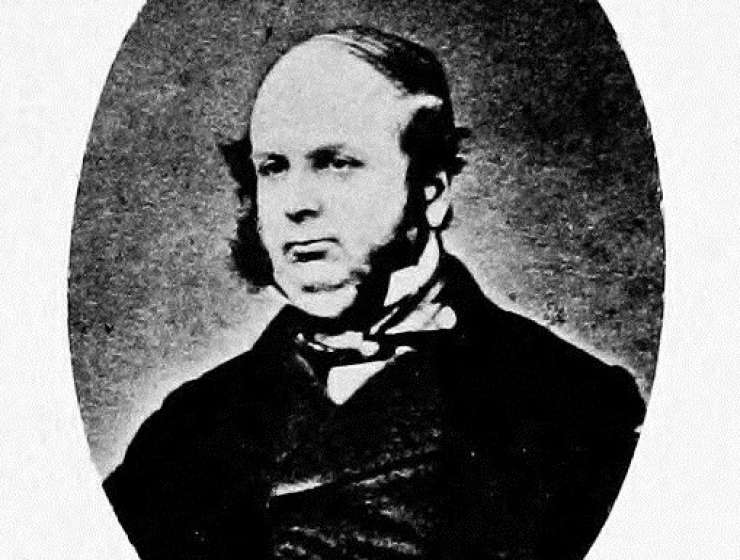
From time to time I will write essays on some books of interest to libertarians. I hereby kick off my intermittent series, “Among My Favorites,” with a work that truly is among my all‐time favorites: History of Civilization in England, by Henry Thomas Buckle (1821–62). Once famous but now virtually unknown, even among libertarian scholars, this massive and heavily documented best-seller–originally published in two volumes, 1857 and 1861–is one of the most libertarian histories ever written. The following passages, which typify Buckle’s perspective, should whet the intellectual appetite of my readers.
[T]here is another circumstance worthy the attention of those writers who ascribe a large part of European civilization to measures originated by European governments. This is, that every great reform which has been effected, has consisted, not in doing something new, but in undoing something old. The most valuable additions made to legislation have been enactments destructive of preceding legislation; and the best laws which have been passed, have been those by which former laws were repealed.…
Indeed, the extent to which the governing classes have interfered, and the mischiefs which that interference has produced, are so remarkable as to make thoughtful men wonder how civilization could advance, in the face of such repeated obstacles. In some of the European countries the obstacles have in fact proved insuperable, and the national progress is thereby stopped. Even in England, where, from causes I shall presently relate, the higher ranks have for some centuries been less powerful than elsewhere, there has been inflicted an amount of evil which, though much smaller than that incurred in other countries, is sufficiently serious to form a melancholy chapter in the history of the human mind. To sum up these evils would be to write a history of English legislation; for it may be broadly stated that, with the exception of certain necessary enactments respecting the preservation of order, and of the punishment of crime, nearly every thing which has been done, has been done amiss.










































